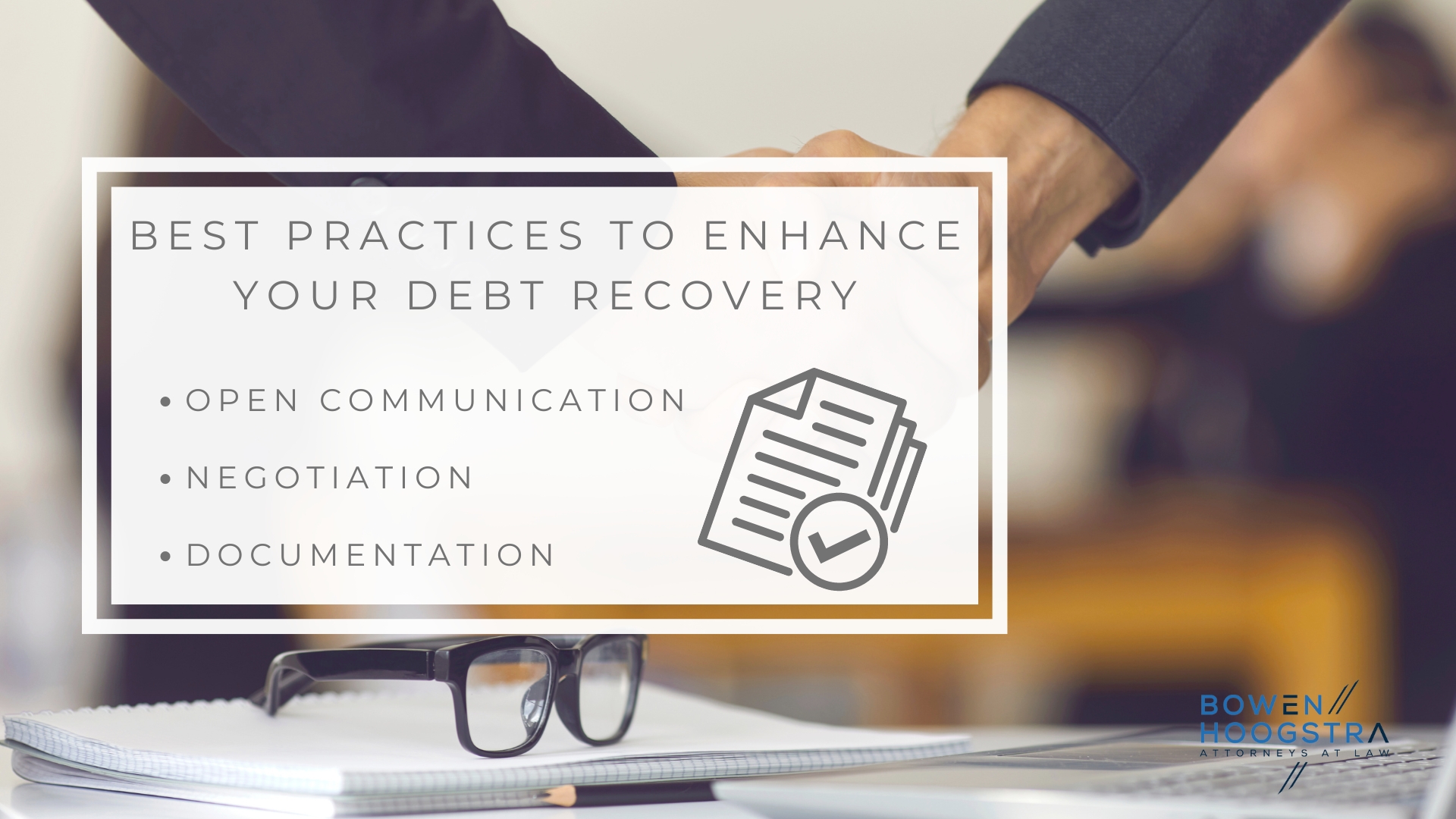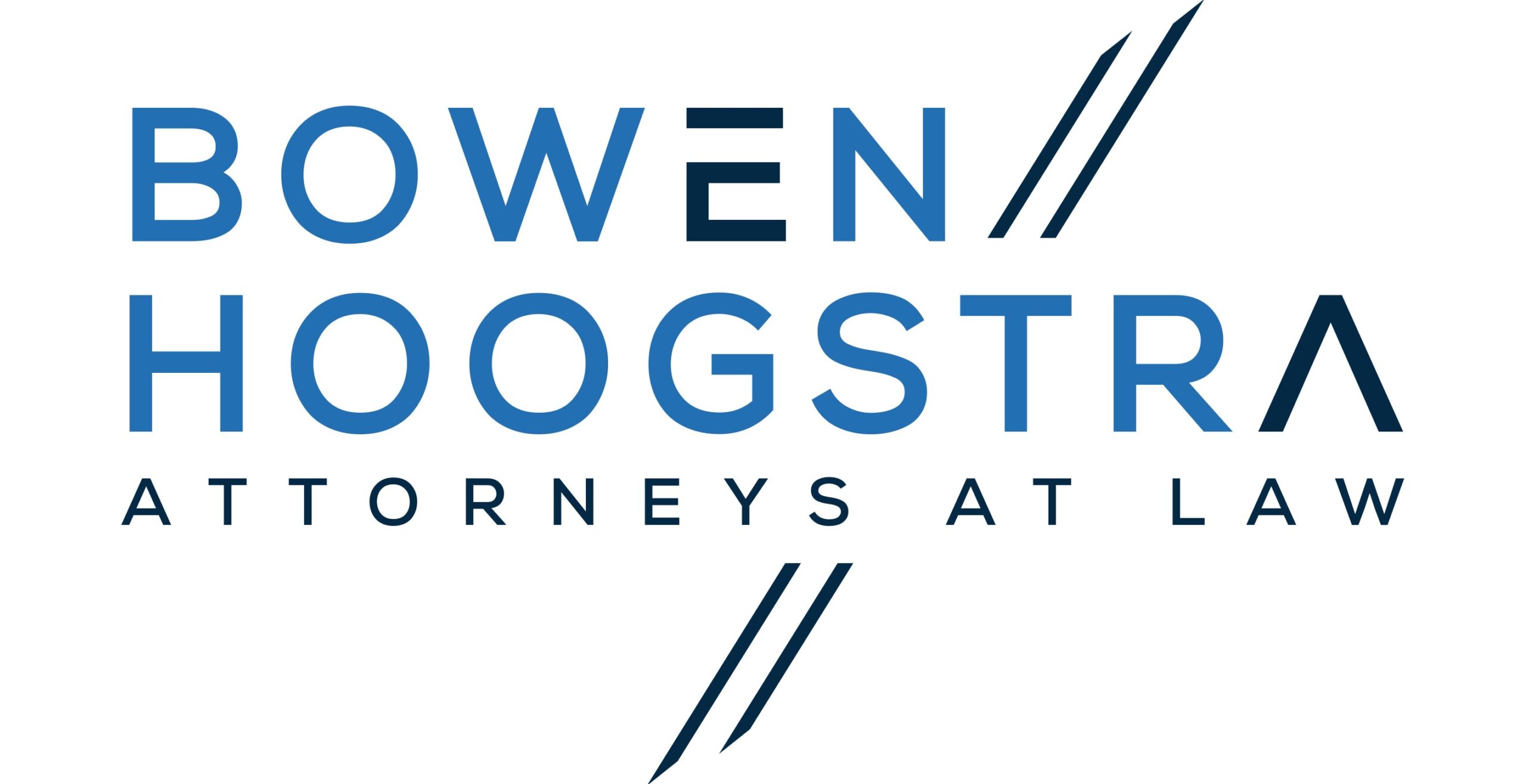Debt collection can be a serious burden for individuals and businesses. Unpaid debts create stress, damage relationships, and hinder cash flow. That’s why it’s essential to understand the legal framework around debt collection and apply the right strategies, helping you effectively recover what you’re owed while maintaining a positive reputation and staying compliant with the law. Let our knowledgeable Muskegon attorney guide you on how to navigate the complexities of Michigan debt collection.
- Understanding Muskegon’s Legal Framework for Debt Collection
- Muskegon Attorney’s Advice on Effective Debt Collection Strategies
- Navigating Legal Actions for Debt Collection in Muskegon
- Maximizing Success in Debt Collection with a Muskegon Attorney
Understanding Muskegon’s Legal Framework for Debt Collection
The Fair Debt Collection Practices Act (FDCPA) sets the federal standard for how debt collection should be conducted. Generally, the FDCPA prohibits debt collectors from:
- deceiving debtors about the amount of debt owed and the consequences of non-payment
- doing repeated phone calls, leaving threatening messages, or publicly shaming a debtor
- contacting debtors before 8:00 am and after 9:00 pm unless agreed upon
On a state level, the Michigan Collection Practices Act (MCPA) mirrors the FDCPA protections for consumers and provides additional guidelines and restrictions tailored to Michigan residents’ needs. For instance, the MCPA outlines the legal process for enforcing judgments, including the seizure of property and garnishment of wages, once a creditor has successfully claimed a debt in court.
Compliance with the FDCPA and MCPA regulations requires a thorough understanding of the legal rights and obligations of both creditors and debtors. A competent Muskegon attorney can provide the necessary legal guidance, ensuring a smoother debt collection process and that efforts to recover debts do not infringe upon the legal protections afforded to consumers.
Muskegon Attorney’s Advice on Effective Debt Collection Strategies
Here are some best practices to enhance your debt recovery efforts legally and ethically:

Open Communication
Engage with debtors openly and professionally to understand their situation. Clearly outline the specifics of the debt, including the amount owed, the origin of the debt, and any deadlines for payment. Express your intention to work with the debtor to find a resolution.
Negotiation
Be willing to negotiate. Find a middle ground that satisfies both parties to prevent the need for legal action. Sometimes, a payment plan that breaks down the total debt into manageable installments is more financially viable than pursuing full payment through lengthy legal processes.
Documentation
Keep detailed records of all communications and transactions, including payment agreements, receipts, and any other documents related to the debt. Documentation provides evidence of your efforts to collect the debt and supports your case if you need to escalate matters legally.
Navigating Legal Actions for Debt Collection in Muskegon
When out-of-court efforts fail, pursuing legal action may be necessary. For debts involving amounts up to $7,000, small claims court offers a simplified process for resolution without the need for extensive legal representation.
To initiate a case in small claims court in Muskegon, you need to complete the necessary paperwork, including a statement of claim form, where you detail the nature of your claim and the amount owed, and pay a filing fee, which is based on the amount of the claim. For example, if your claim exceeds $1,750, you are required to pay a $70 filing fee.
Both parties are given the opportunity to present their case in court. During the court proceedings, you must provide evidence such as contracts, communications, and records of transactions that prove the debt exists and has not been paid. The judge will listen to both sides before making a decision.
If the judge decides in your favor, you’ll get a judgment against the debtor. Enforcing this judgment can involve:
- Wage Garnishment – withholding a portion of the debtor’s earnings to satisfy the debt
- Seizure of Assets – legally taking possession of the debtor’s property or bank accounts to recover the owed amount
Alternatives to Litigation
Before you head to court, consider mediation or arbitration as alternatives. These methods involve neutral third parties who help both sides reach an agreement or make a binding decision, respectively.
Mediation is particularly valuable if you believe there’s a chance to salvage a business relationship or if you prefer a more collaborative approach to dispute resolution. Arbitration, while more formal, can still offer a quicker, more confidential process than public court proceedings.
Maximizing Success in Debt Collection with a Muskegon Attorney
If you’re facing challenges with debt collection or need guidance on Muskegon debt collection laws, Bowen Hoogstra Law is here to provide the expertise and support you need. Our skilled Muskegon attorneys offer tailored advice and strategies to increase your chances of successful debt recovery and ensure that your methods adhere to all applicable laws and regulations, protecting your interests and reputation. Reach out to us today at (231) 726-4484 or here to schedule a consultation.

